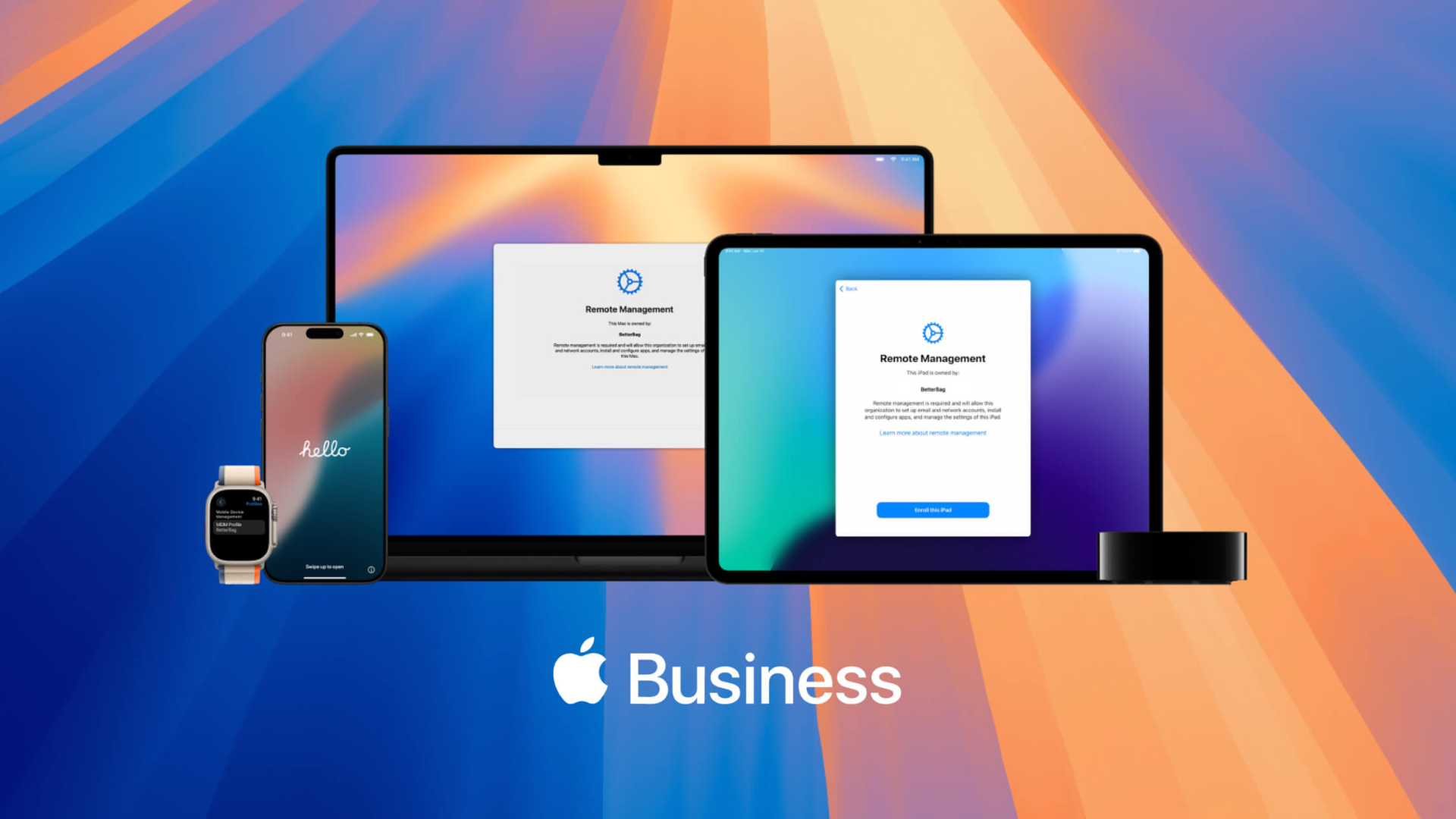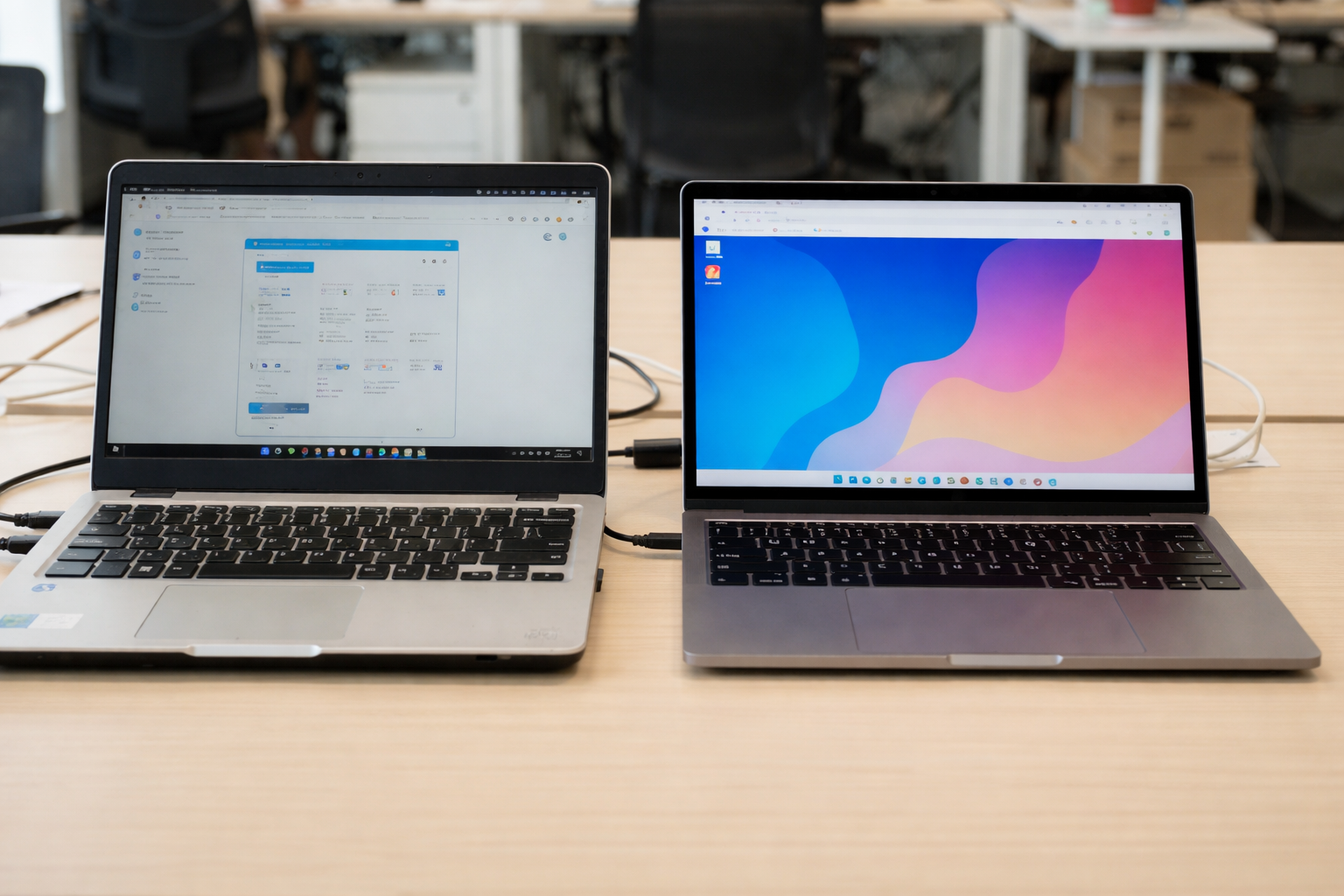The workforce is changing. As Generation Z begins to enter the professional landscape, their unique approach to work is becoming clear. They bring a blend of high technological savvy, a value for work-life balance, and a desire for meaningful engagement in their careers.
For startups and businesses with remote or hybrid models, understanding how to manage Gen Z employees is crucial for harnessing their potential and integrating their skills into the Asia Pacific’s dynamic work environment.
In this article, we’ll explore the strategies that can help your company attract, engage, and retain Gen Z talent. By understanding their characteristics and what they value in a work environment, you can ensure your company culture and practices align with the expectations of this emerging workforce.
Cracking the Gen Z code:
Firstly, who are Gen Zers?
Generation Z, often abbreviated as Gen Z, refers to individuals born from the mid-1990s to the early 2010s. This group is characterized by its familiarity with the Internet and digital technologies from a young age, as they are the first generation to grow up with access to smartphones and social media as part of their everyday lives.

Understanding Generation Z in the workplace is essential for modern businesses, especially when considering the shift towards remote working. This demographic is marked by its digital nativity, strong emphasis on mental health, and a desire for a balanced work-life integration.
Startups with distributed teams must create a work environment that accommodates the flexible and connected nature of Gen Zers. They value open communication, seek out employers who offer flexible work arrangements, and prefer a culture that is receptive to leveraging technology to streamline tasks.
It is also worthwhile to note down all the upcoming remote workers’ trends as Gen Z is nothing if not trends seekers.
In the sections that follow, we will outline practical steps for building a workplace that meets the expectations of Gen Z employees.
Setting up for success
For companies looking to thrive with a Gen Z workforce, establishing a digital-friendly workplace is key. This generation expects a seamless blend of their online and offline worlds and values tech integration into their work lives. To address this, startups must invest in the right tools and technologies that facilitate effective remote collaboration.
Creating a space that resonates with Gen Z means integrating a technology stack that facilitates seamless collaboration. Startups can do this by adopting tools that support connectivity and innovation, such as cloud services, communication platforms, and project management software.
Gen Z workers are drawn to intuitive, user-friendly platforms for communication and project management. So, ensuring that your team is equipped with the best hardware and software is essential. Among these investments, choosing the best laptop brand and version for remote work is fundamental.
💡 Esevel’s marketplace provides access to a wide array of IT devices and peripherals across the Asia Pacific region. Purchase the right laptop and have us ship it to your remote employee’s front door.

A well-thought-out remote work policy is another pillar of success with Gen Z. Gen Z seeks flexibility and autonomy, alongside a structure that supports their mental health and well-being. By utilizing resources like Esevel’s remote work policy template, businesses can create guidelines that not only meet operational needs but also resonate with the values of their youngest team members, fostering a culture of trust and respect.
Seamless remote onboarding
A crucial element in welcoming Gen Z to their new roles is a seamless onboarding process. In the age of remote work, onboarding transcends beyond paperwork and orientation; it’s an experience that sets the stage for an employee’s integration into the company culture.
Esevel steps in here, offering a streamlined remote IT onboarding process that ensures every Gen Z employee is equipped with the necessary tools and knowledge from day one. This not only minimizes the stress associated with joining a new company but also aligns with Gen Z’s expectations for efficiency and readiness.
For a generation that values immediacy and ease of access, Esevel’s platform provides a hassle-free setup of devices and applications, allowing Gen Zers to dive into their roles without unnecessary delays. This efficient onboarding experience reflects a company’s commitment to embracing modern work practices, which is critical for retaining young talent.
Communication strategies
Gen Z employees thrive in environments where open communication is the norm. They prefer interactive dialogues that allow for a two-way exchange of ideas and feedback.
Startups can foster this by implementing communication platforms that resonate with Gen Z, such as instant messaging apps and social collaboration tools. By doing so, they cater to the preference for swift, direct communication, and collaboration that Gen Zers are accustomed to in their personal lives.
It’s essential to establish channels that not only facilitate project-related discussions but also open up space for informal chats and social interactions. Such practices help in building a cohesive remote team and a sense of belonging, which is especially important for employees who might not share physical workspaces with their colleagues.
Motivation and engagement
To truly engage Gen Z employees, companies need to delve deeper into what motivates this generation. Gen Z values recognition and feeling valued within their organization.
Startups must, therefore, create recognition programs that celebrate individual and team accomplishments. These programs should not be generic but tailored to reflect the contributions and achievements that resonate with Gen Z values.
Additionally, Gen Z’s motivation is often tied to their sense of impact within the company and the broader community. Opportunities for involvement in decision-making, leading initiatives, or contributing to corporate social responsibility projects can significantly enhance their engagement levels.
Professional development and growth
For Gen Z, a job is not just a means to an end—it’s a pathway to personal and professional development. They are on the lookout for employers who invest in their growth.
Startups can meet this need by offering mentorship programs, providing access to online courses and workshops, and by encouraging cross-departmental collaboration for a broader understanding of the business.
Clear communication about career paths and opportunities within the company can also go a long way in retaining Gen Z employees. By actively investing in their professional journey, companies not only nurture a loyal workforce but also build a team equipped to handle future challenges.
Work-life balance and wellness
The conversation about work-life balance has never been more pertinent than with Gen Z. This generation seeks a genuine blend of personal and professional life. Initiatives like flexible working hours, mental health days, and wellness programs resonate deeply with them.
Among remote engaging practices, hosting virtual team-building activities is a fun and effective method to improve remote collaboration and team interaction. Examples of such activities include online escape rooms, virtual happy hours, online workshops, and skill-sharing sessions.
Fostering a future-ready workforce with Gen Z
As businesses look to the future, the focus should be on creating an inclusive culture that embraces open communication, offers flexibility of work, and prioritizes personal growth and wellness. This approach will not only attract Gen Z talent but also inspire them to invest their best efforts into their roles, driving the company forward.
Consider how your organization can apply these insights to attract, engage, and retain Gen Z talent. The time to act is now — ensure your company is prepared to welcome the innovative spirit and digital fluency that Gen Z brings to the professional world.







